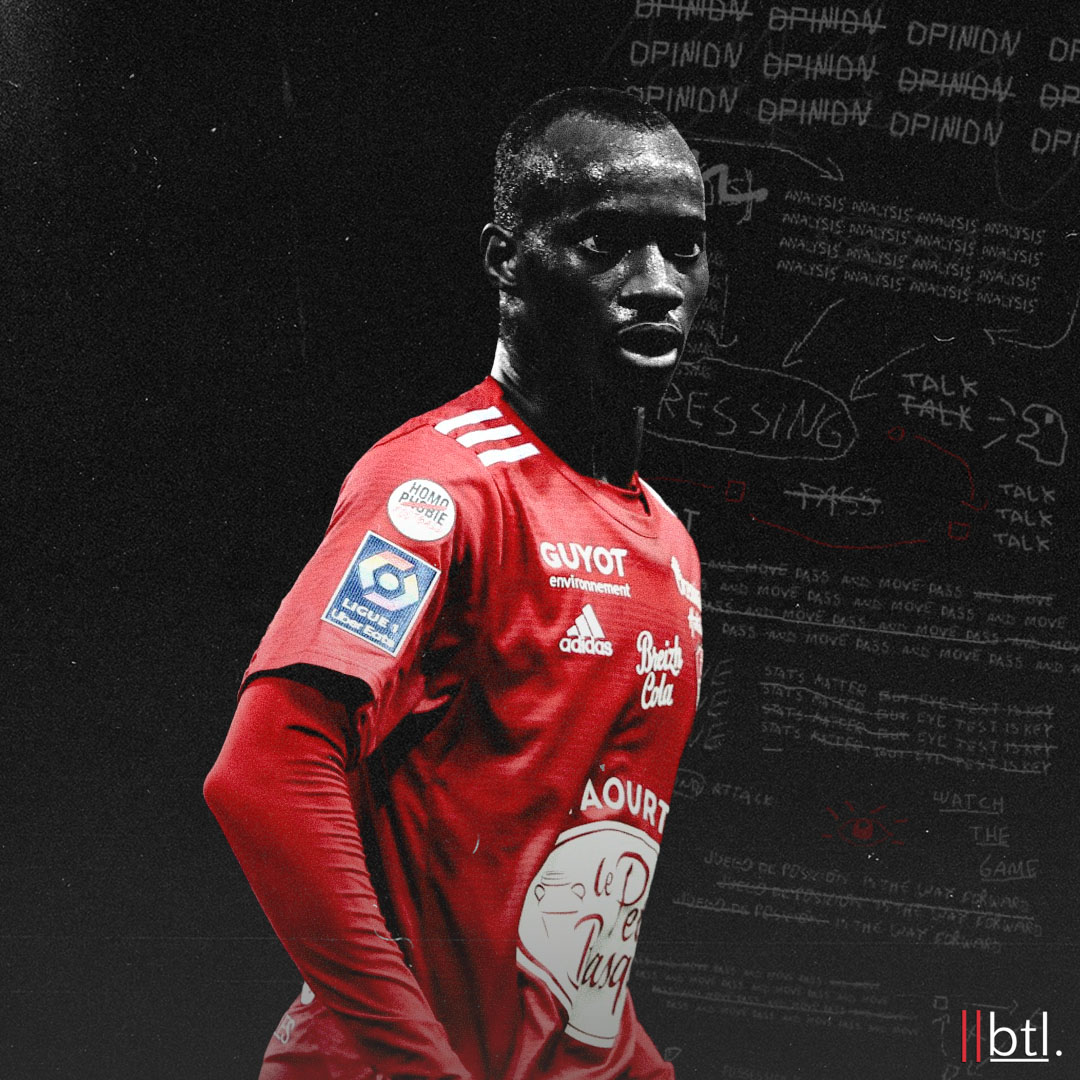
Brest's Historic Year: A Tactical Analysis of Their Rise in Ligue 1
Stade Brestois has made significant waves in Ligue 1 throughout the 2024 season, culminating in a remarkable 4-1 victory over FC Nantes earlier this month. Under the astute guidance of head coach Éric Roy, Brest not only achieved their highest-ever finish in the top flight—third place—but also set club records by scoring 52 goals and winning over 40% of their matches in the league. This article explores the tactical framework and key performances that shaped this historic season for the club from Brittany.

Tactical Framework
Brest's success can be attributed to their effective tactical setup, which emphasized a balanced approach between attack and defense. The team predominantly deployed a 4-2-3-1 formation, allowing them to maintain solid defensive organization while providing flexibility in attack. This structure enabled them to field a robust midfield that could both anchor defensive efforts and facilitate swift transitions to offense.
Midfield Dynamics
Central to Brest's strategy was the pivotal role played by Haris Belkebla. His ability to break up opposition play and distribute the ball effectively allowed the team to transition quickly from defense to attack. This tactical approach was particularly evident during home matches at Stade Francis-Le Blé, where Brest demonstrated their capacity to control the game and dictate the tempo.
The midfield trio, complemented by the creativity of Romain Faivre and the physical presence of Steve Mounié in attack, forged a dynamic unit that could exploit spaces left by opponents. Faivre's flair and vision contributed to Brest’s ability to create scoring opportunities, while Mounié's aerial prowess and finishing skills proved crucial in converting these chances into goals.
Key Performances
Throughout the season, Brest showcased their attacking prowess, netting three or more goals in multiple matches at home. Their ability to score consistently, particularly in crucial fixtures, highlighted a blend of individual brilliance and cohesive team play.
Offensive Firepower
Brest's offensive output was prolific, with the team scoring 52 goals, a club record in a single Ligue 1 season. The attack’s versatility meant they could adapt their game plan based on opponents, often shifting to more direct play when necessary. In matches where they faced teams that played deep, they often utilized Faivre’s creativity to unlock defenses with intricate passing.
Moreover, the interplay between the forwards and midfielders was fluid, allowing for quick one-two exchanges that disoriented opposing defenses. Key matches included their decisive wins against prominent Ligue 1 teams, which not only boosted their confidence but also showcased their growing reputation in the league.

Home Fortress
Their home ground, Stade Francis-Le Blé, became a fortress where Brest was particularly formidable. The team managed to secure points in six of their last seven Ligue 1 affairs at home, consistently finding the back of the net and showcasing their attacking flair. In key matches, such as the 5-2 drubbing of a mid-table rival, Brest demonstrated their ability to dominate possession and create high-quality chances.
Defensive Resilience
While attacking play has been the highlight, it is important to mention Brest’s defensive resilience. The partnership of their center-backs, aided by full-backs who contributed both defensively and offensively, formed a solid backline. Goalkeeper Marco Bizot played a vital role, making crucial saves throughout the season and often thwarting attempts that could have turned games in favor of their opponents.
Conclusion
As Brest looks ahead, the challenge will be to maintain this level of performance and build on their historic achievements. With a solid tactical foundation and a squad brimming with potential, the future looks bright for the club from Brittany. Their third-place finish not only paves the way for potential European competition but also sets a precedent for what the club can achieve with strategic planning and execution.
If they continue to develop their game and maintain the cohesive team dynamics established this season, there is no telling how far Brest can go in the coming years. The tactical insights gained from this season will undoubtedly serve as a springboard for future success and growth within Ligue 1.

Keywords
Brest, Ligue 1, Éric Roy, tactical analysis, Romain Faivre, Haris Belkebla